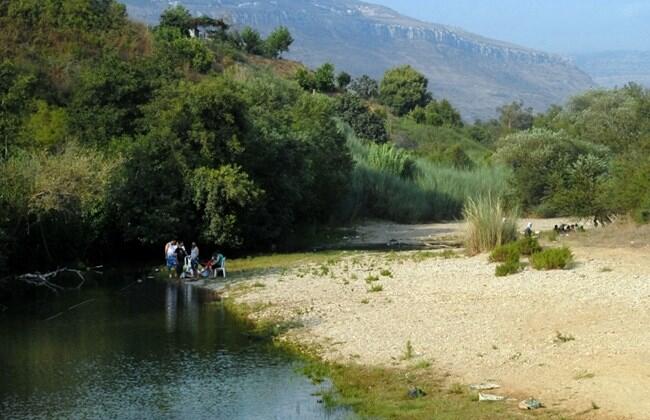Ferid Belhaj, director of the Middle East Department of the World Bank, warned that the deferral, which now gives Parliament until Dec. 31 to convene and vote on the project that would finance the construction of a dam in south Lebanon, would be the “first and last” granted to Lebanon, in an interview with The Daily Star Tuesday. The original deadline prescribed by the World Bank, in accordance with its internal guidelines, to put the plan into effect was July 20. With only hours to spare on the day, Finance Minister Ali Hasan Khalil sent a written request to Belhaj to extend this deadline, a measure usually reserved by the international development bank for severe cases. “We weighed the pros and cons and we thought this is too important to be canceled just like that,” Belhaj said. “And when we got the letter from the Ministry of Finance yesterday [Monday] we decided to recommend very strongly to the authorities [within the bank] that the project be given another chance.” But he warned that the new December deadline would be the “first and last extension.” “We really hope that the Parliament will meet at least once to look at this project and other projects that are relevant to the economics of the country.” The World Bank had approved the project, which at $474 million is its largest ever in Lebanon, in October 2014. The water-supply development scheme aims at addressing severe shortages faced in Beirut and Mount Lebanon and, if realized, will benefit more than 1.6 million people, as well as the sizeable Syrian refugee population in these areas. The World Bank loan is also complemented by $128 million in financing from the Islamic Development Bank. The government is also expected to a make a $15 million investment. First proposed nearly a decade ago, the scheme entails the construction of a water dam in agricultural area of Bisri, in the district of Jezzine. Bearing in mind the ambitiousness of the dam project, Belhaj was keen to seek assurances from Lebanese officials that the plan enjoyed broad support to quell concerns among the bank’s authorizing board that the country lacked political will. Expectations were high when the agreement was signed last year that it would be duly ratified by Parliament, having speedily made its way up relevant legislative committees and Cabinet. But since November 2014, Parliament has not convened a session due to an ongoing boycott by some Christian parties, effectively stalling international projects and loans requiring legislative approval. The Lebanese Forces and the Free Patriotic Movement have vowed to keep boycotting sessions, preventing Parliament from achieving the quorum necessary to hold a session, unless the legislative agenda included the deeply divisive electoral law and a bill to naturalize Lebanese expatriates. Khalil has warned that Lebanon risks losing $1.2 billion in international projects, including the Bisri dam, due to the ongoing parliamentary paralysis. “Part of the discussions we’ve been having … is that Lebanon needs to seriously consider a separation between politics and economics,” Belhaj said. “Because the development agenda is really important, not just for what it does for the country, but for the credibility of the country at a time when it is seeking more help and assistance from the international community to deal with urgent issues.” Lebanon is currently lobbying donor countries to help it manage the presence of more than 1.1 million Syrian refugees, who have overwhelmed the country’s fragile infrastructure and public service sector. The World Bank has a finite amount of money, Belhaj stressed, so if Lebanon fails to ratify the plan by December, the funds currently mobilized for the Bisri dam will be redeployed elsewhere. “Unfortunately, international money is extremely mobile,” he added, pointing to other crises in the world, such as Nepal, also in need of international funding for reconstruction efforts after a devastating earthquake in April. “Lebanon needs to show that it can help itself.” The Daily Star











